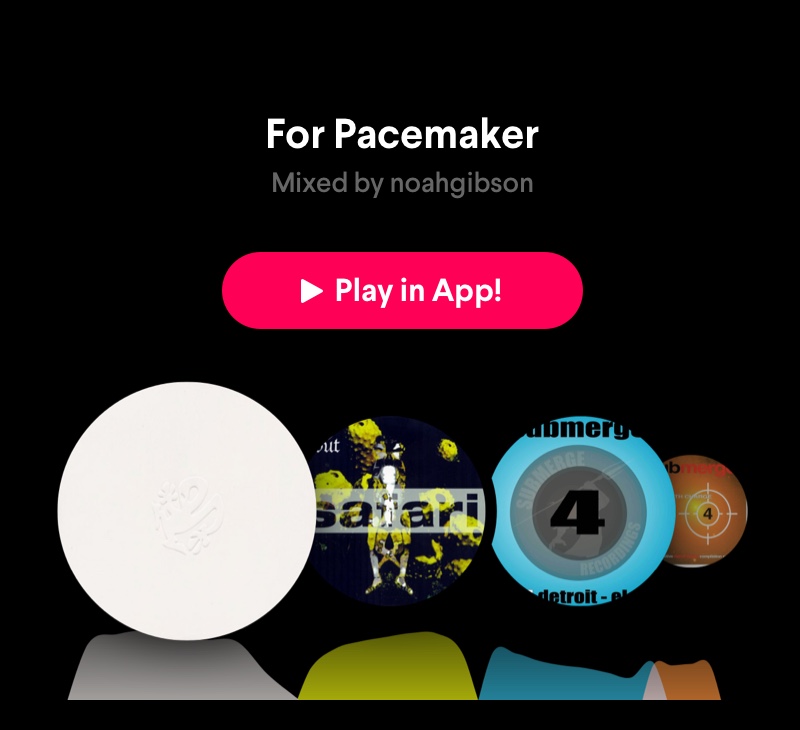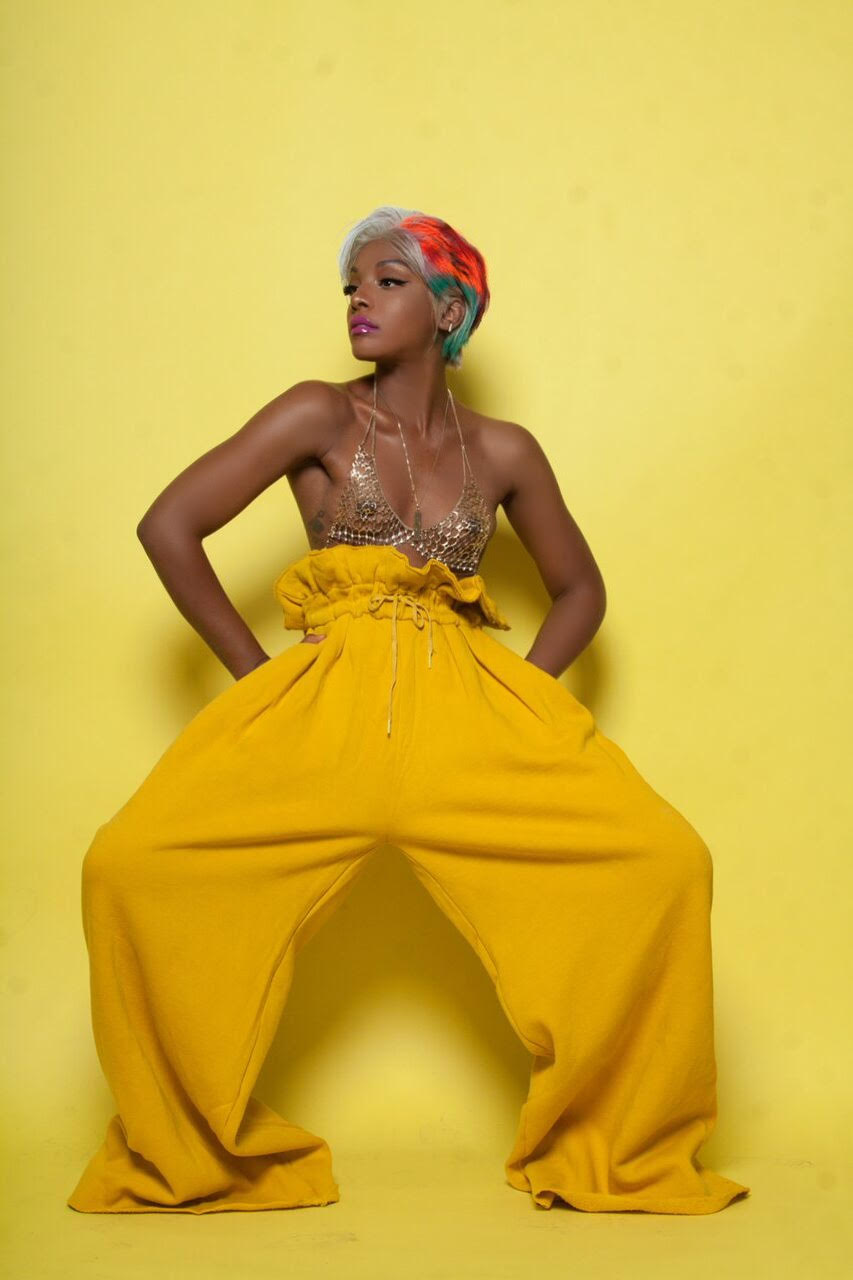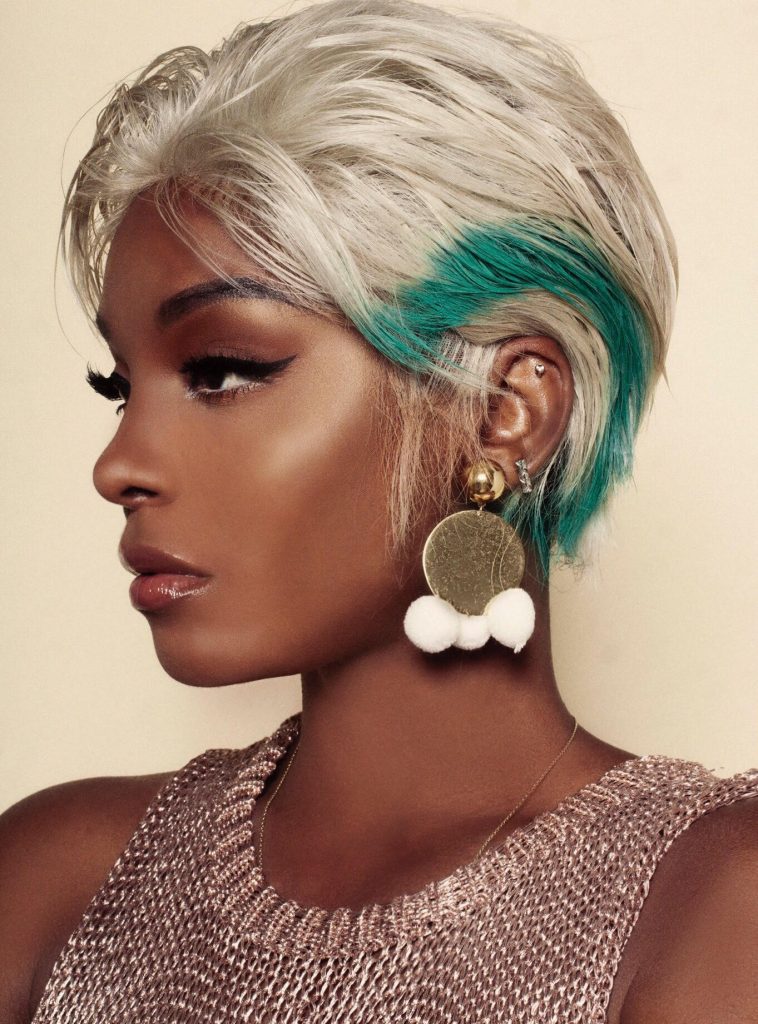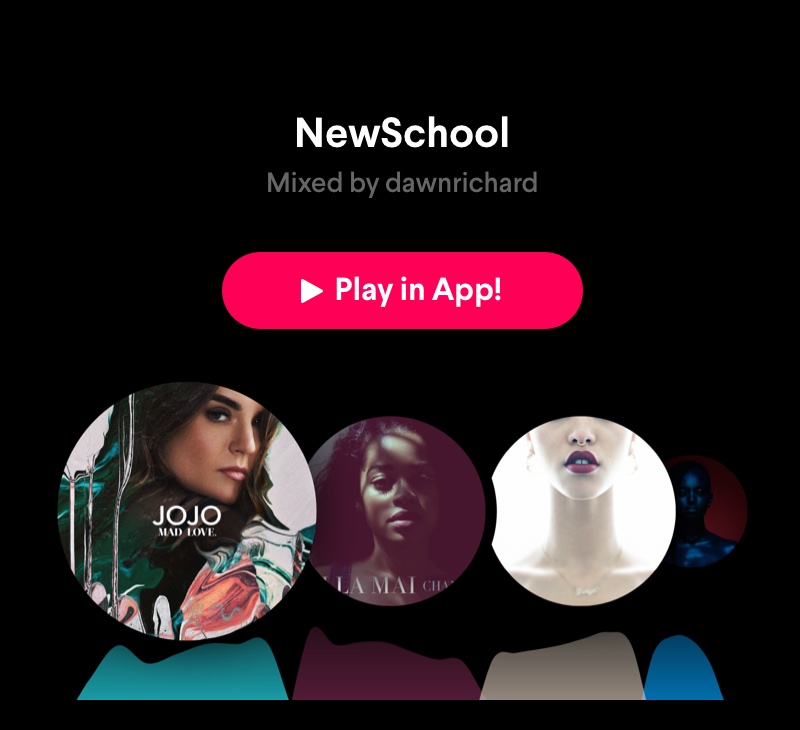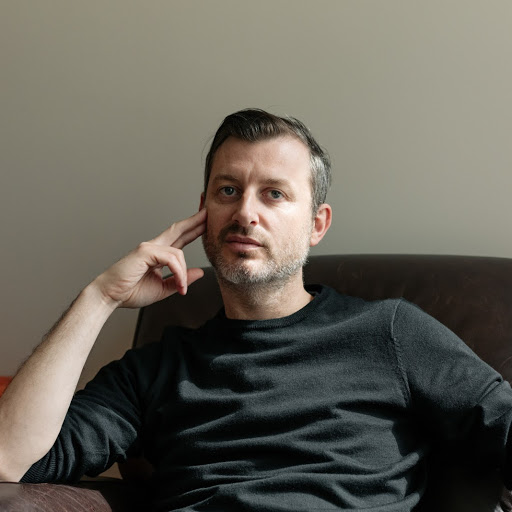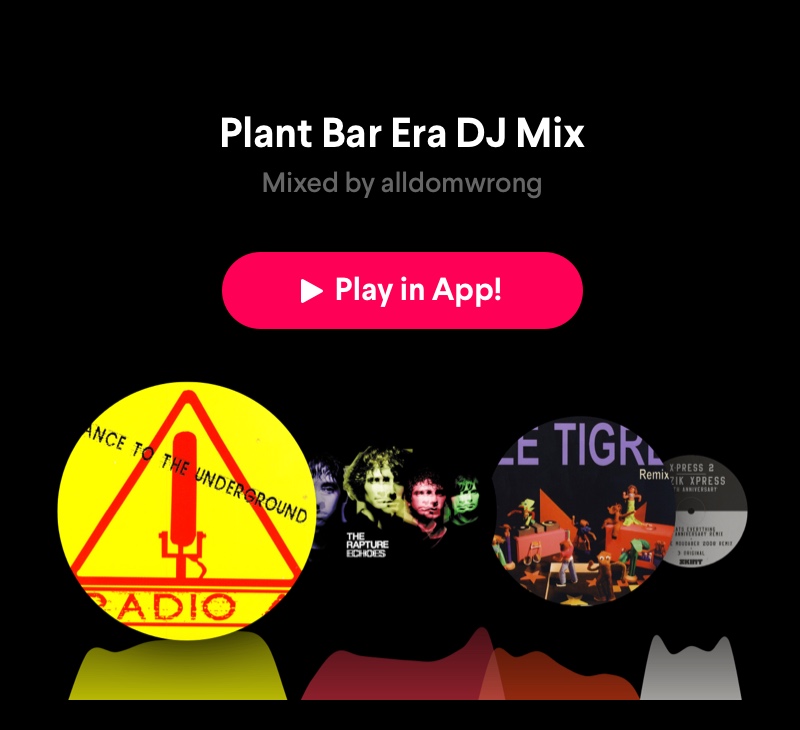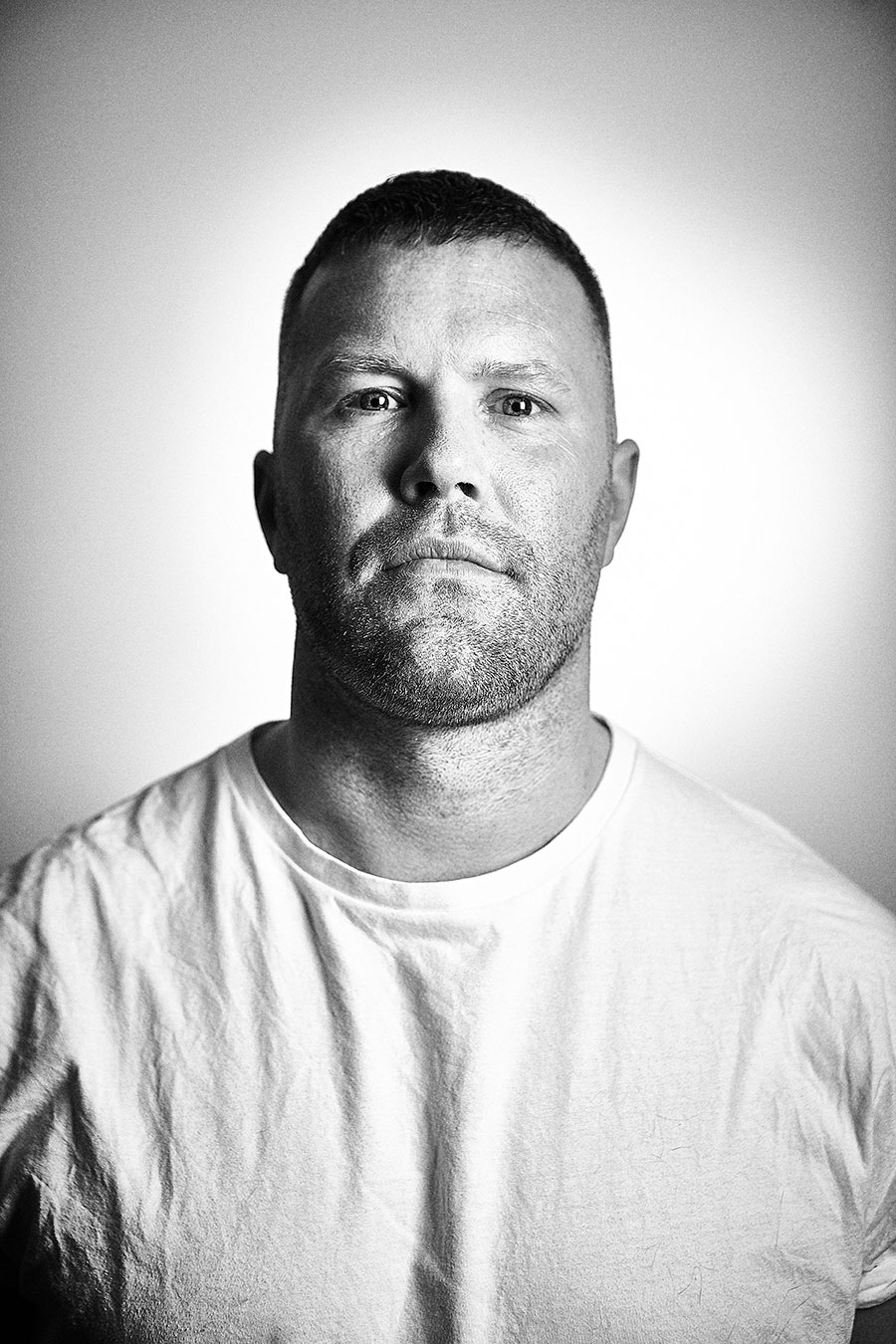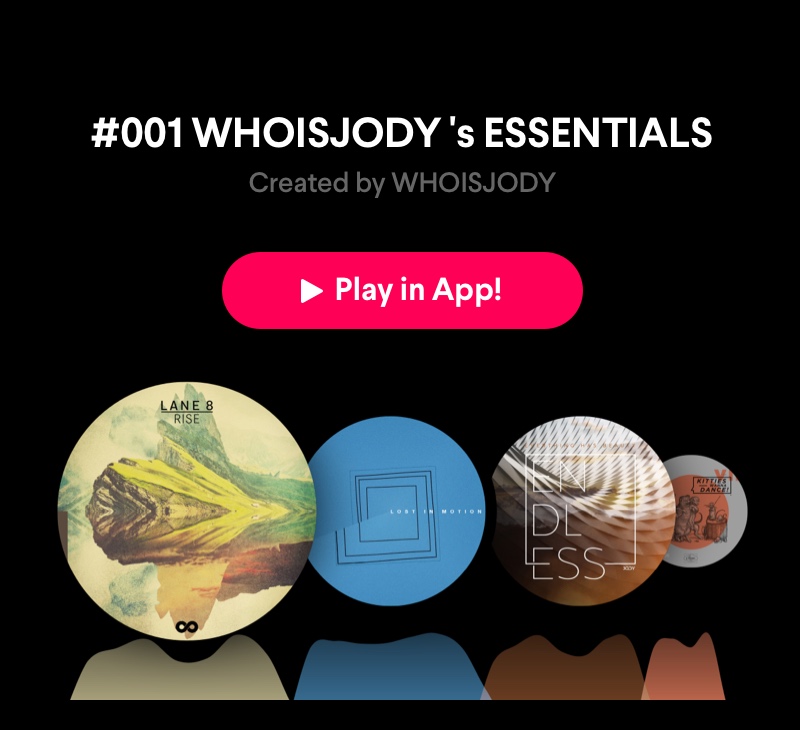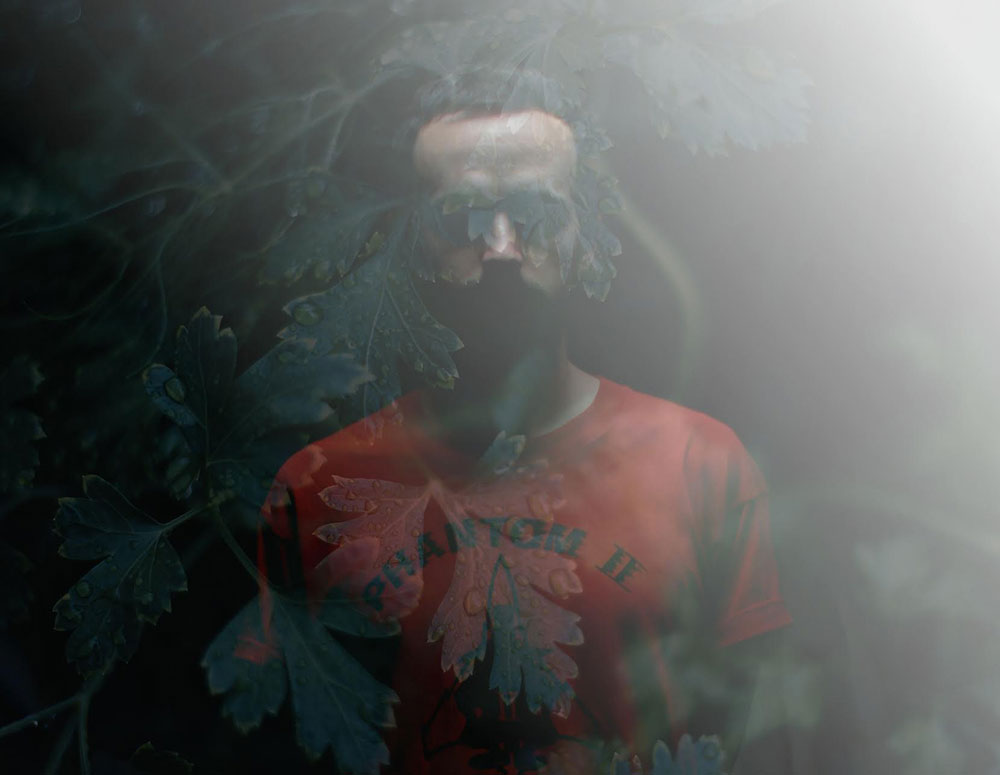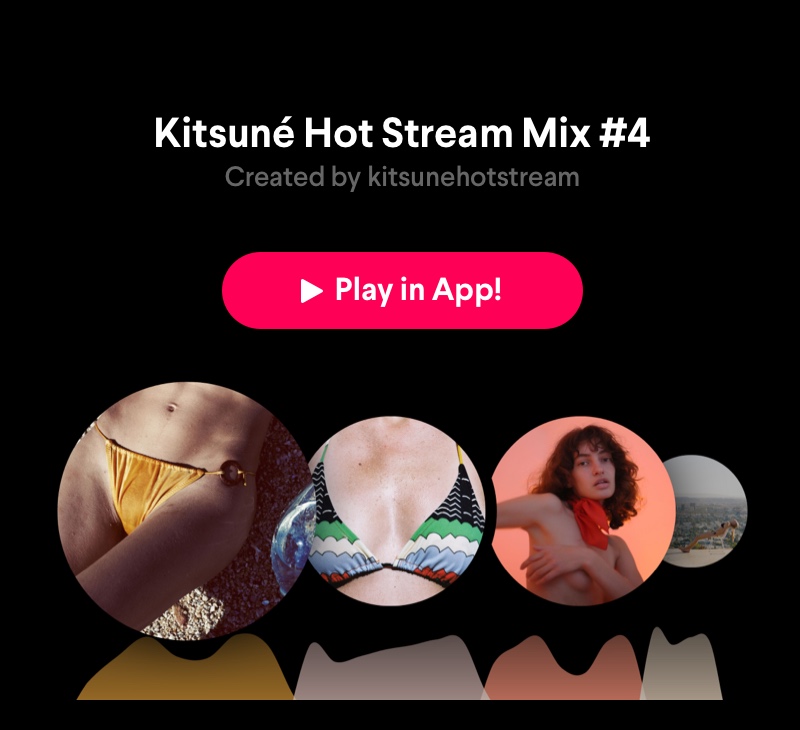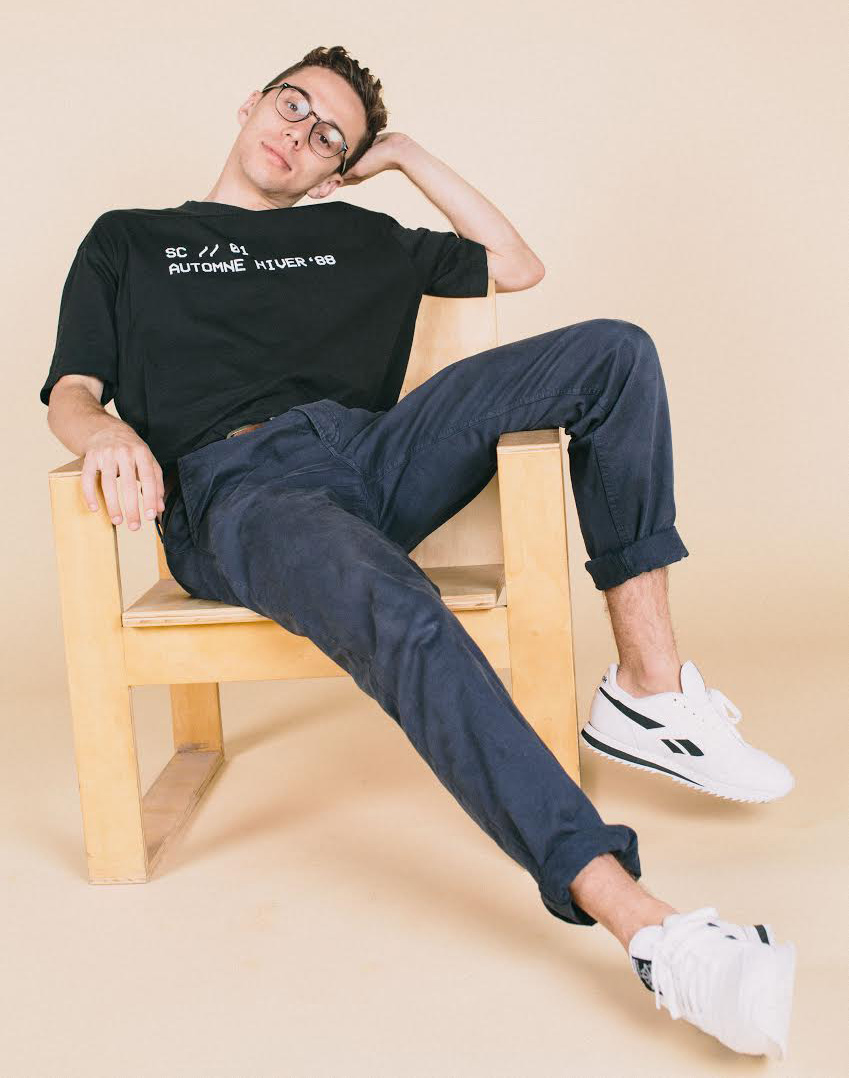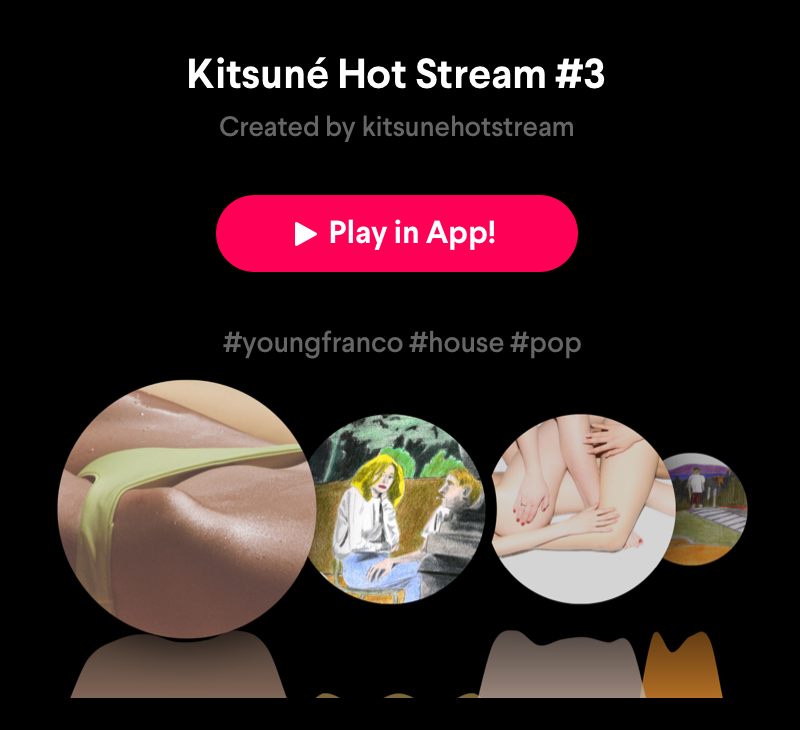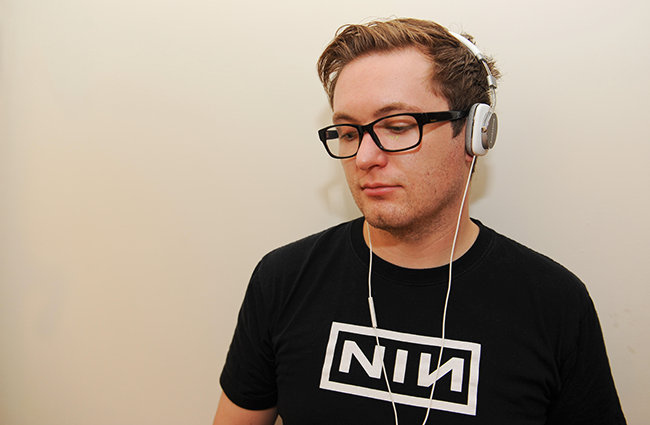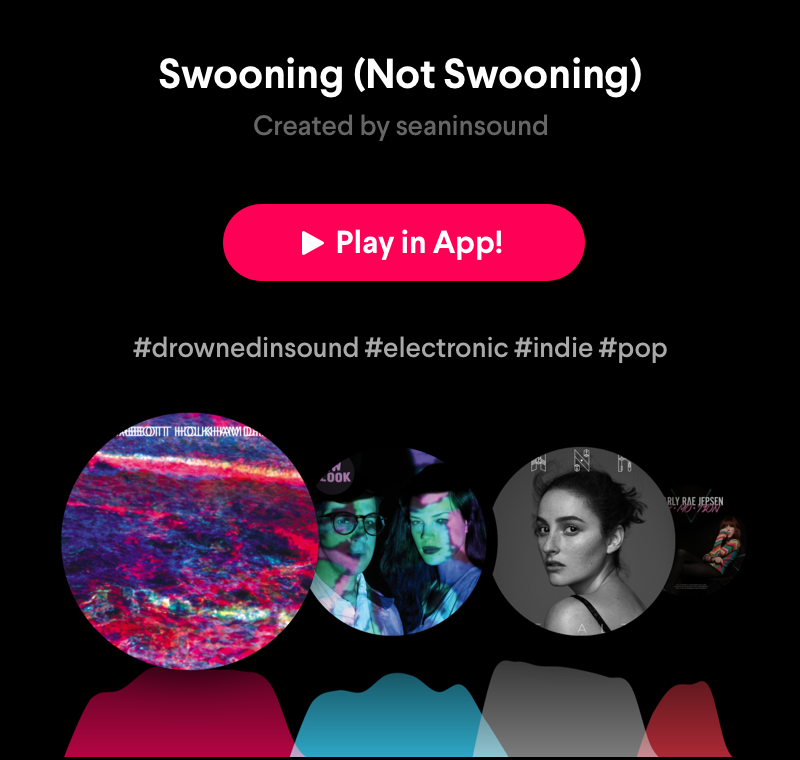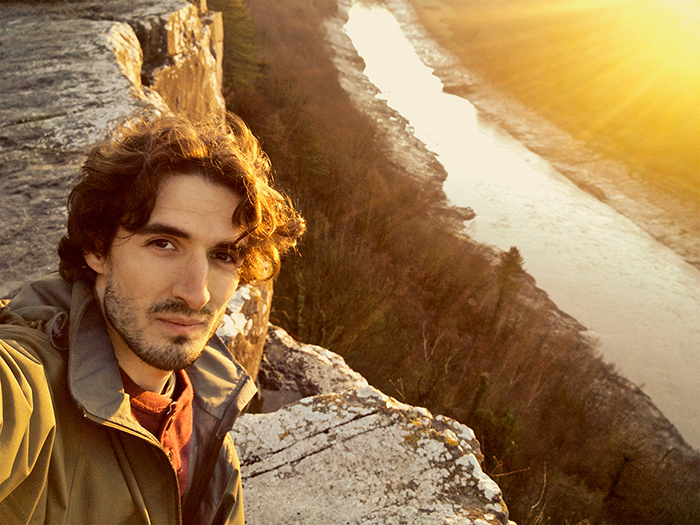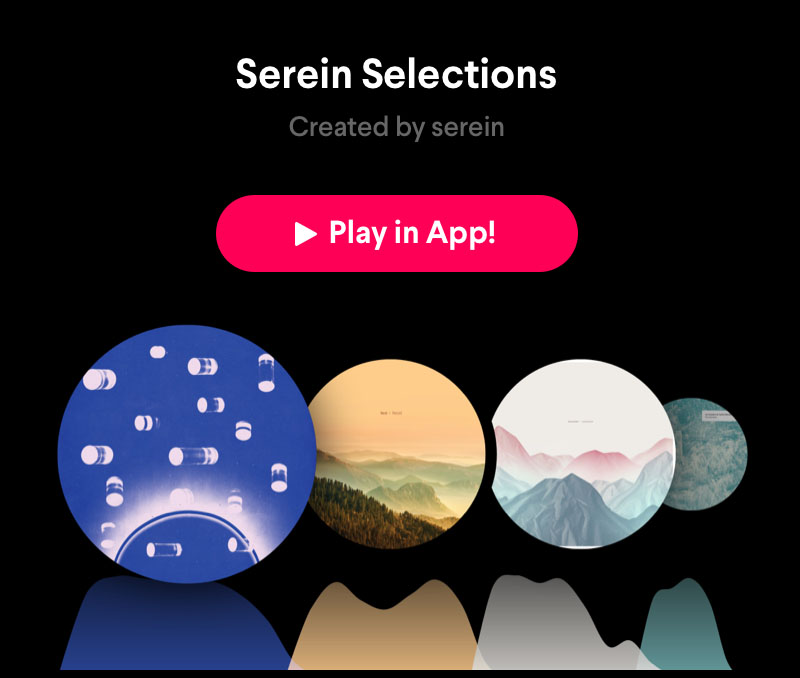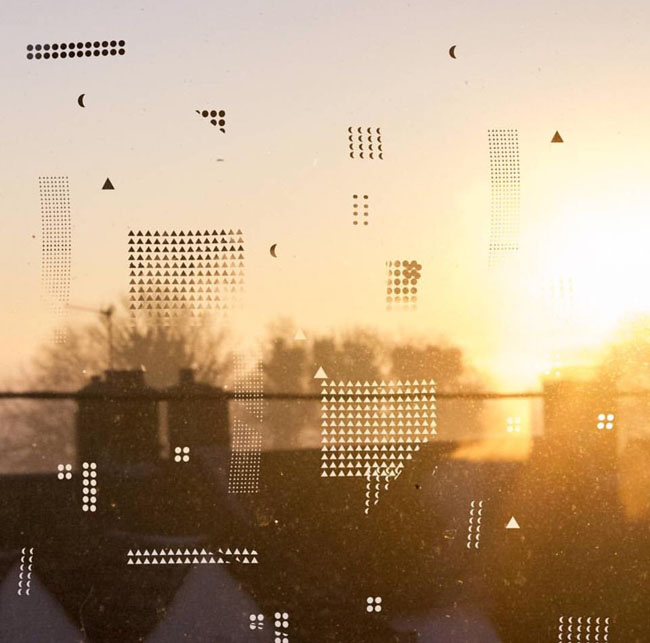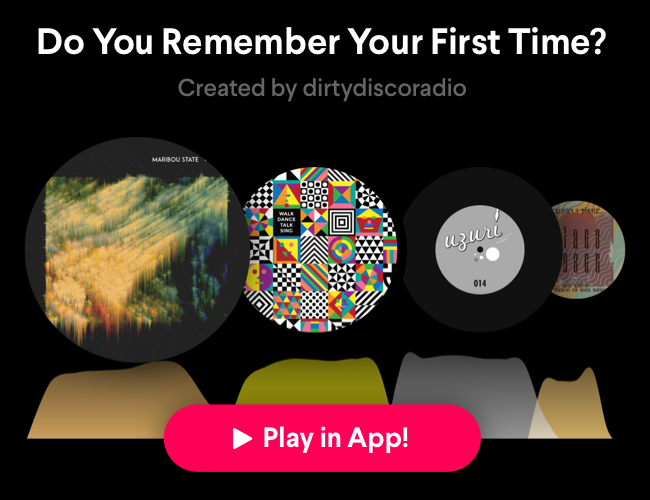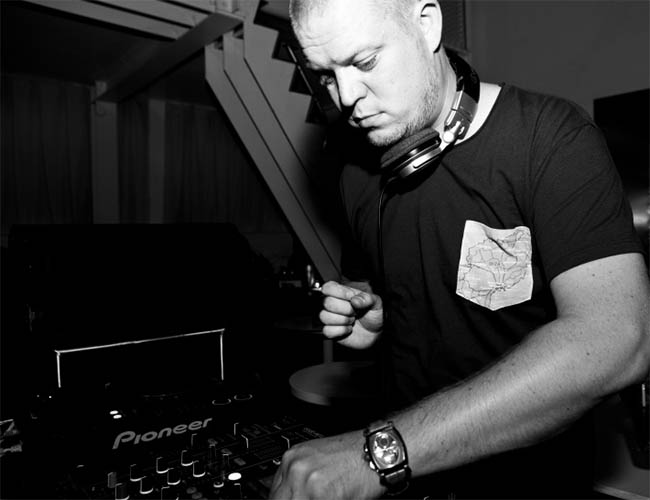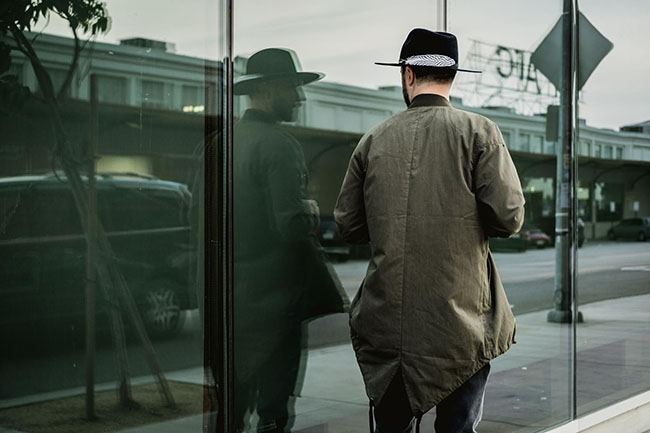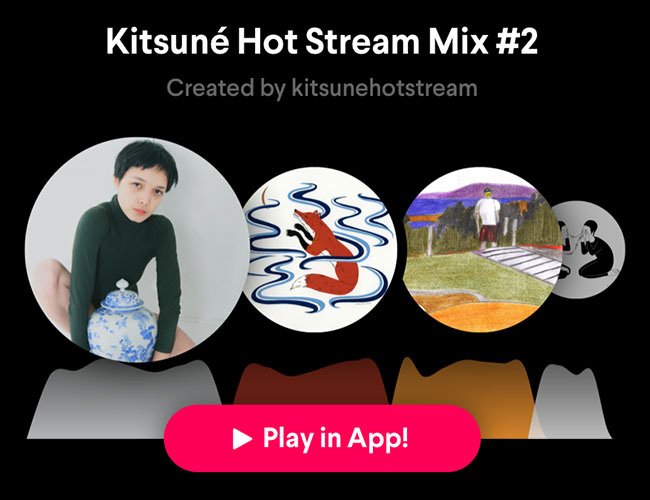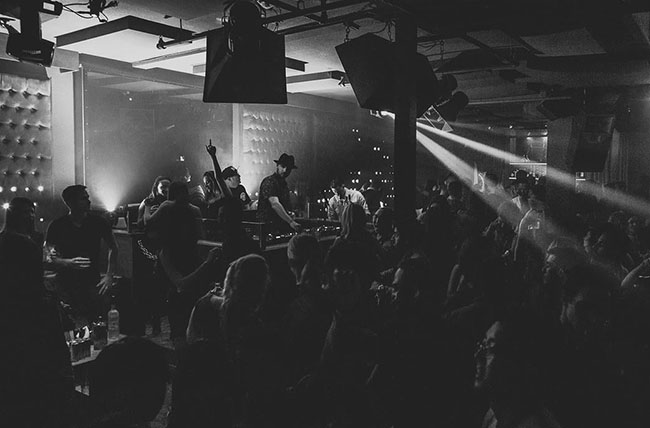Noah Gibson is a shining star in the dark Swedish underground nightlife. An exquisite selector who’s been expressing his genuine love for electronic music through numerous sweaty hours at warehouses, raves, clubs and now in Pacemaker too. Celebrating the bouncy-banging side of techno, he’s recently released his latest EP ‘A New Hope’ on Marcel Dettmann’s MDR imprint, which marks a new era in Noah’s career. We had a chat about music and inspirations, read on and push play to get gibsonized!
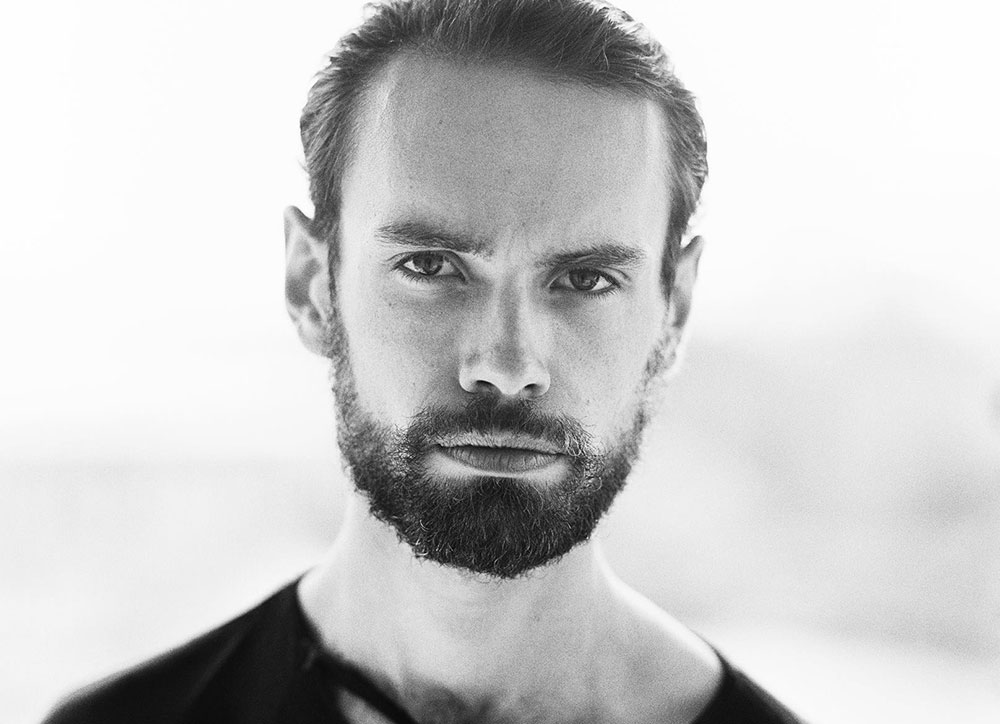
Please tell us a bit about yourself, who you are, what you do, where you’re coming from.
Since over a decade I have been looking to express myself through electronic music. I’ve been doing this in my hometown of Stockholm, Sweden which has resulted in a members only underground club called The Office, a record label called Krasch Records and another label called Trouble In Paradise (co-run together with Henrik Bergqvist).
I’ve also spent a lot of time and money on and with records…
When and how did you get interested in music?
My childhood friend Gustaf showed me House music once at his mother’s apartment. He’s the one who opened the doors for me.
Do you remember your first revelation when it comes to music?
Walking up the stairs at Berghain and hearing Marcel Dettmann for the first time. This was in August 2008 and also with Gustaf.
You’ve been active in the Stockholm scene for quite a while. How do you think it has changed in the last years?
A lot really. I guess I’ve changed a lot myself so my perspective has also changed, but I think that right now is an interesting time. A lot of clubs have closed their doors and there seem to be some sort of purge going on at the local police station: they are cracking down on members only events and club nights. There are also places opening and staff changes at existing places too.
I think something big is happening and I’m both excited and curious in what that is exactly…
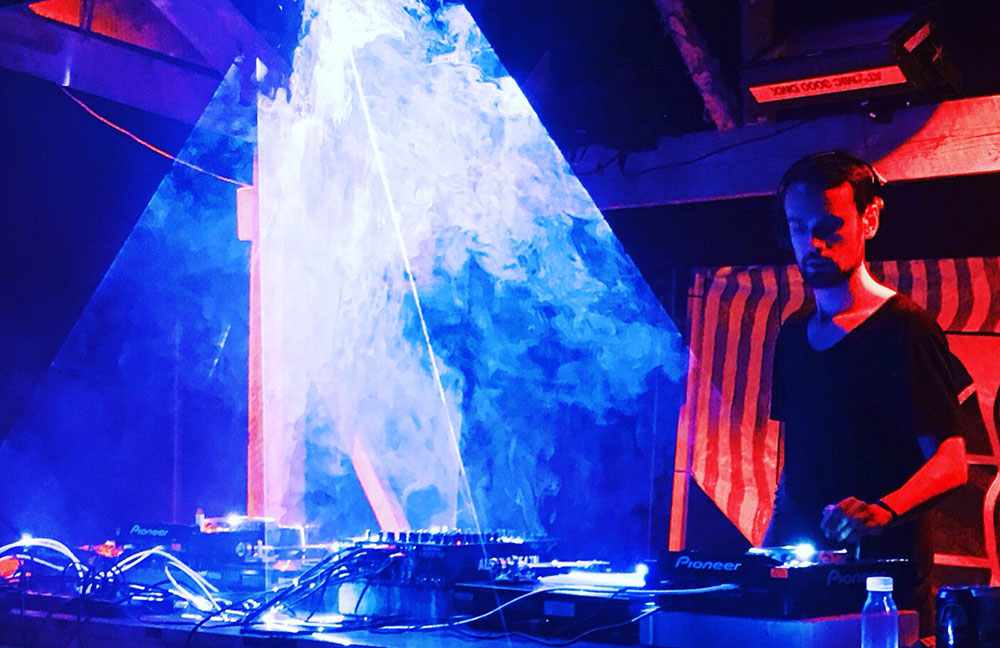
Selecting great music takes a lot of time and energy – where do you discover music these days when the possibilities are endless and it feels like there’s more and more new music coming each day?
Since the beginning of discovering my own taste in music, I have gathered a list of over 10.000 records from which I go through and purchase from. So when I for instance have a gig coming up, I spend about 100+ euros on records each month and I buy specific records for that gig as well as having boundaries that I follow when deciding on which to buy.
Very few of these records are new to be honest, but I do buy a few new ones from time to time. I also have a very keen eye on the digital side so I purchase a lot of one-off tracks from albums, EP’s and compilations. Stuff that I don’t feel I need the full 12” record of.
Congratulations on your latest EP ‘A New Hope’. Quite a big deal to be releasing on Marcel Dettmann’s own label. How did that come through and how’s the feedback so far?
We have talked about it for a few years and finally we decided now is the time. So as an idea it has been with me and Marcel for a very long time. I am so happy to have completed it and I’ve heard great things about it.
For me I am happy to be able to contribute to Marcel’s label and be a part of his journey. People seem to like it which makes me very happy too.
Who is/are your biggest inspiration(s) at the moment and why?
Marcel Dettmann has been and is the biggest inspiration for me. Every time I get a bit lost in music, I can have a closer look on what he is doing and get inspired. My fiancée Hanna is also one of my biggest inspirations. She is a very solid guide and inspiration in all aspects in my life too.
I am inspired by a lot of sounds and music in general right now as I am producing a lot for the moment. I am working on material for my upcoming record on Krasch as well as a few other things 😉
If you could swap bodies with someone for a weekend, whose skin would you like to sneak in?
I guess this is a music related question, so my answer is Jeff Mills back in the 90’s. I’d like to understand how he managed to produce all this extremely good music in such a short period of time and most importantly: how did he produce the music?
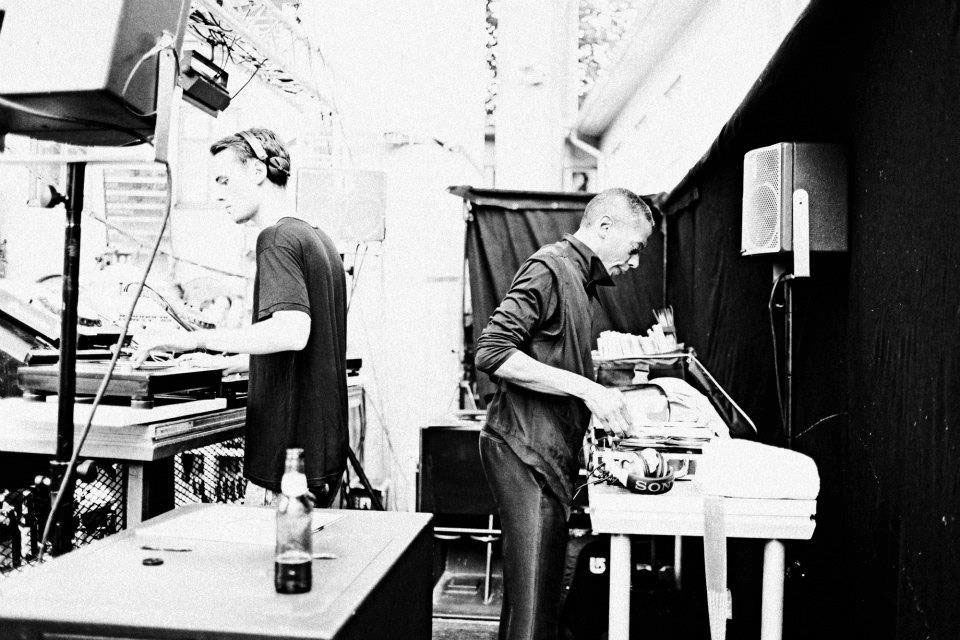
How do you listen to music most of the time? Do you buy records or do you prefer the digital streaming nowadays?
At home I usually put on a record to listen to but I also use Spotify for general listening. At my day job I listen to a lot of classic stuff from the 80’s as well as EBM, industrial and ambient etc… I have a firm divide between my dj-self and my day-to-day-listening-self… if that makes sense to you?!
If you could take 3 records with you to a deserted island, which ones would they be?
Oh, wow that is a really tough question… I can’t really answer that honestly since I don’t know. I’d be missing one record over another and so on… I guess I am a bit “damaged” from djing, haha.
What’s your favourite place in the world?
I work a full time day job and play a lot of records or make a lot of music during the weekends, so that special moment when I have some time together with my family and close friends; I get reminded of how lucky I am to be able to do what I love and being surrounded by all these great people… that is my favorite place in the world.
I also still love going to Berghain!
What do you do when you’re not making music or DJing?
I am soon to be a father so my total focus is on that right now.
Please tell us a bit about the selection for your first Pacemaker mixtape.
I wanted to experiment with the app and see what I could come up with. The limitations for me was what material I could find on Spotify. My aim was to create a current mix with the app.



